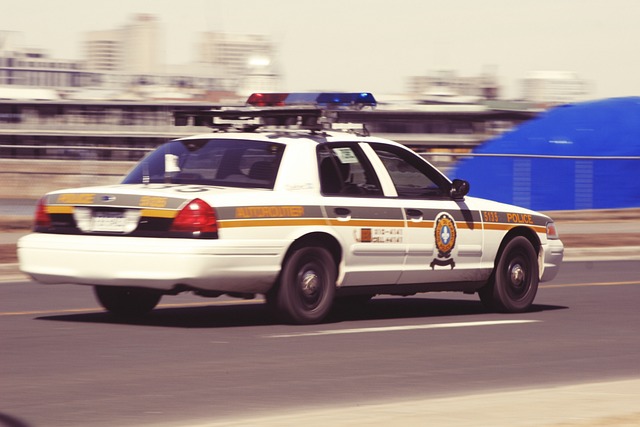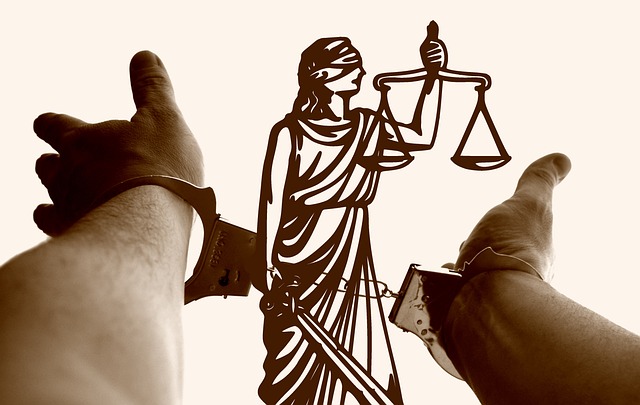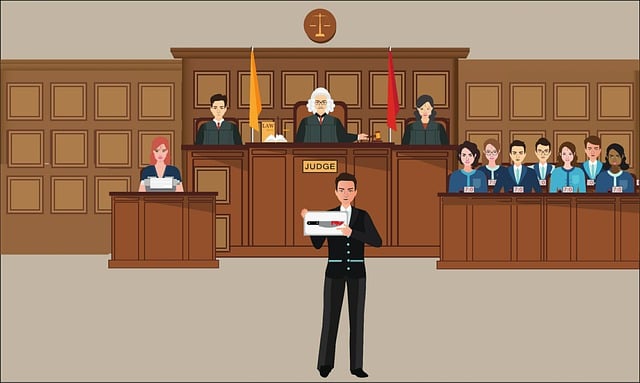Icy sidewalk falls pose significant risks during winter, leading to injuries and legal liabilities for property owners who fail to maintain safe conditions. Prompt snow removal, de-icing, and proactive measures like drainage improvements and lighting enhancements are crucial to prevent accidents, mitigate liability, and avoid homeowner insurance claims, as advised by personal injury attorneys.
In the cold winter months, icy sidewalks pose a significant risk of injury due to slips and falls. Understanding the causes and risks of icy sidewalk falls is the first step in preventing them. Property owners have a legal obligation to maintain safe premises. This article explores proactive measures to prevent icy falls, delving into causes, legal obligations, and safety guidelines for effective snow and ice removal. Stay informed to safeguard your property and avoid potential liabilities.
- Understanding Icy Sidewalk Falls: Causes and Risks
- Proactive Measures for Property Owners to Prevent Slips and Falls
- Legal Obligations and Safety Guidelines for Snow and Ice Removal
Understanding Icy Sidewalk Falls: Causes and Risks

Icy sidewalk falls are a significant concern for property owners, particularly during winter months when freezing temperatures and melting snow create hazardous conditions. These falls can lead to serious injuries, from sprains and fractures to more severe head traumas. Understanding the causes and risks is the first step in preventing such incidents.
The primary cause of icy sidewalk falls is the lack of proper maintenance. Snow and ice build-up on sidewalks can result from prolonged cold spells or heavy snowfall. If property owners fail to address these conditions promptly, it increases the risk of slips and falls for pedestrians. Negligent property maintenance, especially when it comes to clearing snow and applying de-icing substances, can lead to legal liabilities, as a personal injury attorney might advise. Homeowner insurance claims related to icy sidewalk falls are not uncommon, highlighting the importance of proactive measures to ensure safe walking conditions for neighbors and visitors.
Proactive Measures for Property Owners to Prevent Slips and Falls

Preventing icy sidewalk falls is not just about reaction; it’s a blend of proactive measures and consistent upkeep. Property owners have a legal obligation to maintain their premises in a safe condition, especially during winter months when ice and snow pose significant risks. This means taking proactive steps such as installing proper drainage systems to prevent water accumulation, which can freeze overnight. Regularly clearing snow and applying rock salt or other de-icing agents are also crucial to melting ice and improving traction.
Beyond these essentials, property owners should consider lighting improvements around walkways and entrances to enhance visibility and deter icy buildup. Fences or barriers can also be implemented to guide foot traffic, preventing people from walking on slippery surfaces. By taking these proactive measures, property owners not only reduce the risk of icy sidewalk falls but also demonstrate responsible stewardship of their properties, potentially averting potential accidents and liability issues – something that an accident lawyer would commend.
Legal Obligations and Safety Guidelines for Snow and Ice Removal

Property owners have a legal obligation to maintain their premises in a safe condition, especially during winter months when snow and ice can create hazardous situations. In many jurisdictions, they are required by law to clear snow and ice from walkways, driveways, and entrance ways to prevent icy sidewalk falls and related injuries. Failure to do so could lead to liability for any accidents that occur on their property.
Safety guidelines recommend regular removal of snow and ice as soon as possible after accumulation. This includes using appropriate tools like shovels or ice melters to ensure safe passage for pedestrians. Clear markings and signage should be installed to indicate areas where snow and ice have been treated, and caution tape can help warn others about untreated sections. Regular inspection is crucial to identify potential hazards and take prompt action, avoiding not only icy sidewalk falls but also mitigating the risk of more severe incidents, such as auto accidents involving skidding vehicles or preventing nursing home abuse cases where slippery surfaces contribute to falls among residents.
Preventing icy sidewalk falls is a multifaceted responsibility for property owners. By understanding the causes and risks of these hazardous situations, taking proactive measures like proper snow and ice removal, and adhering to legal obligations and safety guidelines, property owners can significantly reduce the likelihood of injuries resulting from icy sidewalks. Implementing these steps not only ensures compliance with local regulations but also fosters a safer environment for residents, visitors, and businesses alike.






